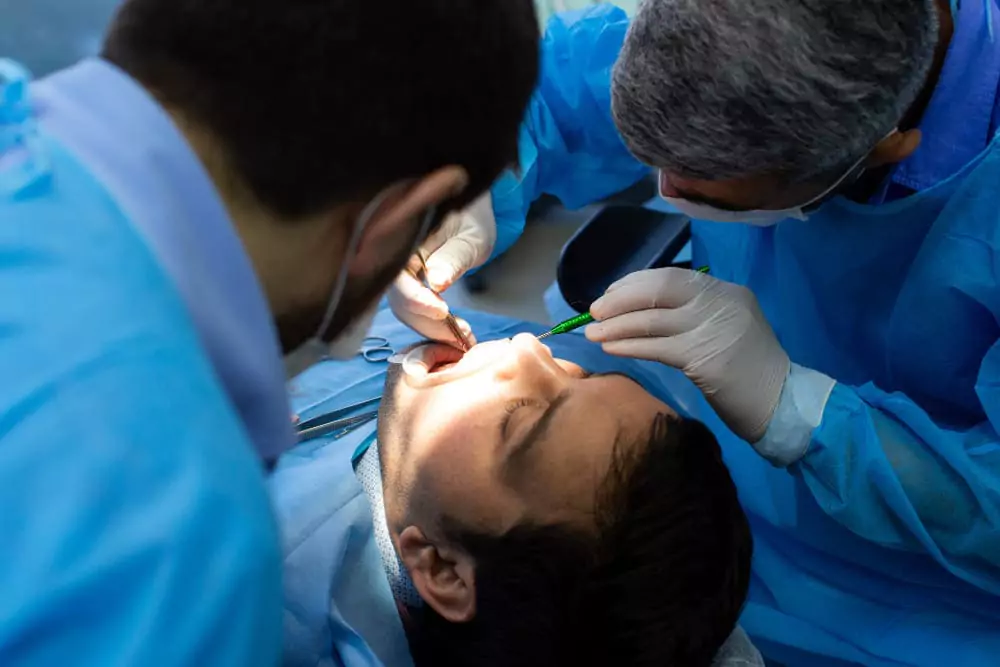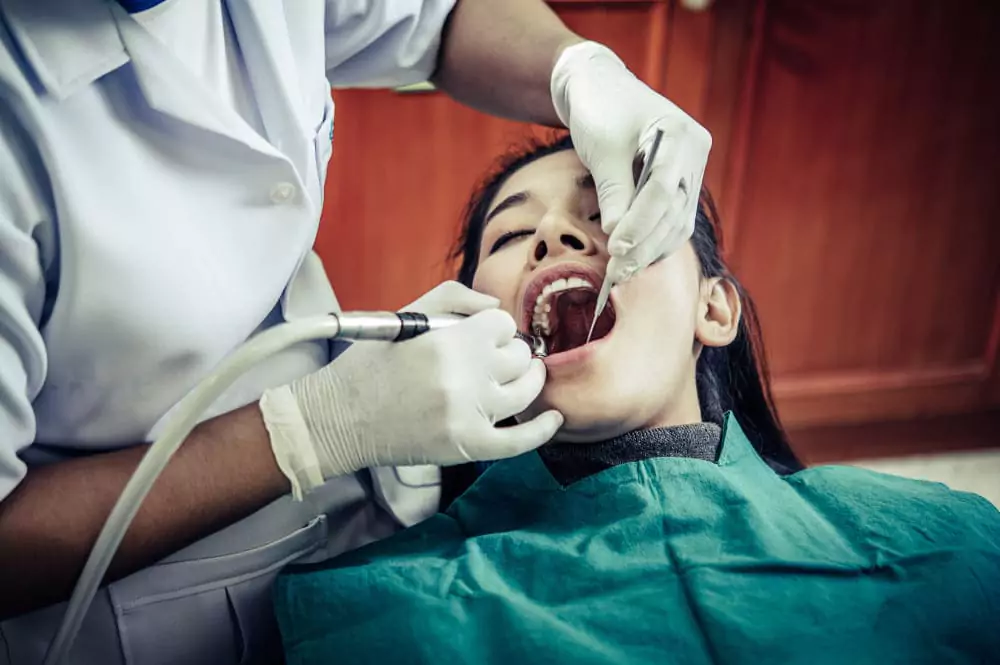Emergency dentistry is a crucial aspect of dental care that addresses urgent dental issues requiring immediate attention to alleviate pain, prevent further damage, and preserve oral health. Dental emergencies can occur unexpectedly, often causing discomfort, inconvenience, and anxiety. In such situations, prompt intervention by an emergency dentist is essential to ensure timely relief and resolution of the problem.
Whether it's a throbbing toothache in the middle of the night or a chipped tooth after a mishap, dental emergencies can cause significant discomfort and worry. This comprehensive guide empowers you to handle any dental emergency with confidence.
Preventing Dental Emergencies Proactive Steps for a Healthy Smile
What Constitutes a Dental Emergency?

Not every oral issue requires immediate attention. Here's a quick guide to recognize true emergencies:
Severe pain: Unexplained, intense toothache, facial pain, or jaw pain.
Bleeding: Uncontrollable bleeding from the mouth or gums.
Trauma: Knocked-out tooth, loose tooth, cracked or fractured tooth, jaw injury.
Infection: Swollen gums, abscesses, pus drainage, fever.
Benefits of Receiving Prompt Emergency Dental Care
- Minimized pain and discomfort
- Increased chance of saving teeth
- Reduced risk of infection
- Preserved oral health
Empowering individuals with knowledge and resources ensures they can navigate dental emergencies effectively, promoting oral health and overall well-being.












